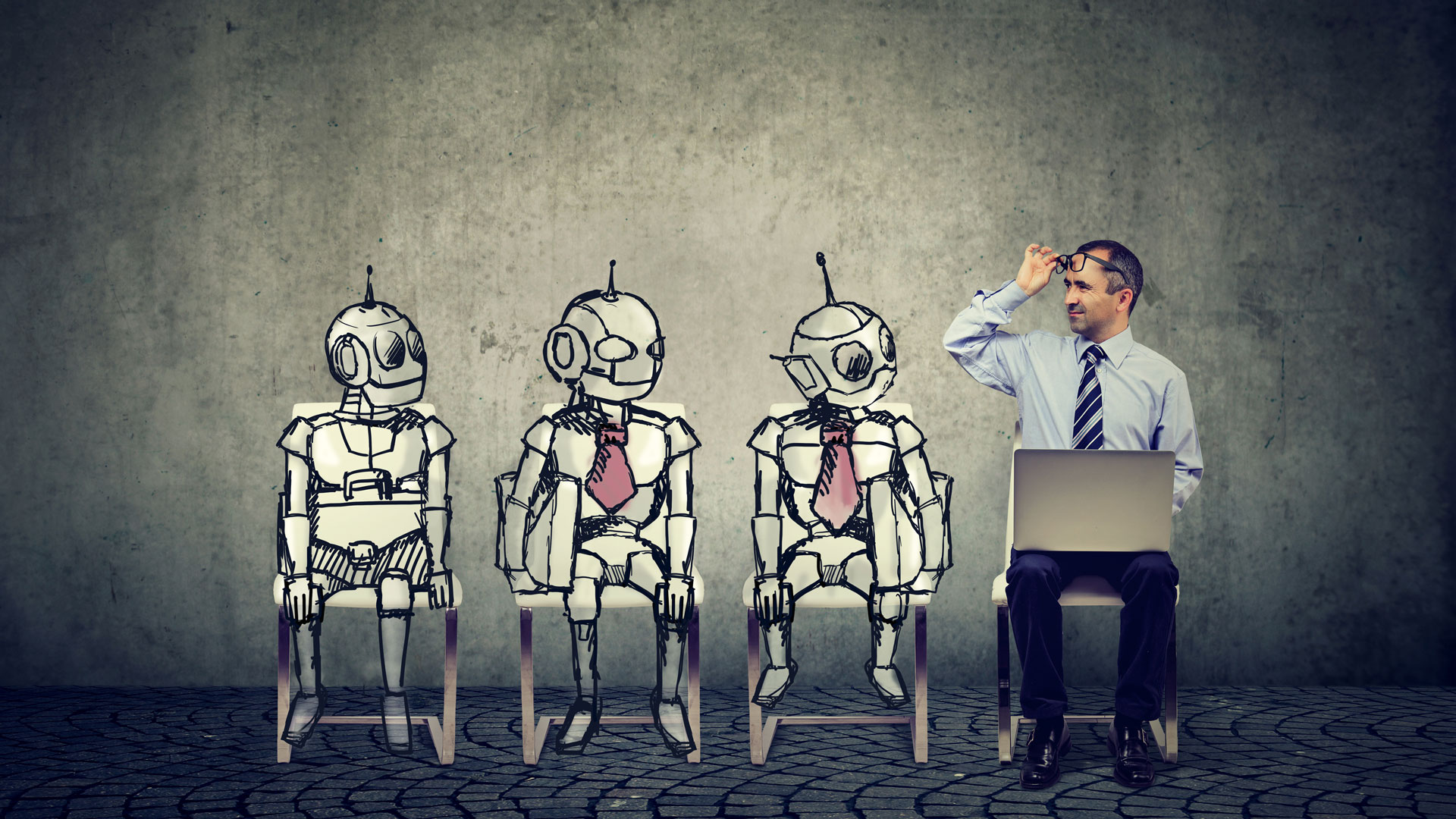Dr Mark Scullard knows that the future of the workplace is human, insecurities and all.
Unless your workplace is a bunch of networked hard drives mining for bitcoins, it’s probably filled with humans. And these humans bring their personal issues into your workspace every single day.
They don’t just bring their current problem – their mother with dementia, their troubled teenager – they also bring a lifetime of critical experiences. Whether it’s being the target of a rumour in their first job or getting passed over for a promotion they always knew they weren’t good enough for, our past experiences programme us to habitually worry about our place in the world.
Work is a formative and sizeable part of our lifelong experience. Try as we might, we don’t leave our insecurities at the door when we start work each day. When we believe that our place in the world is being encroached on, undermined or belittled, we feel threatened and behave defensively.
We’re only human after all
If we look behind the grab bag of human dysfunction that contains destructive workplace behaviours such as territorialism, defensiveness, false consensus, gossip and so much more, there is one root cause behind them all. In fact, it’s a root cause so fundamental that we usually look right past it – human insecurity.
Who wants to offer constructive feedback to their boss in a toxic environment? Who wants to take a risk? Who wants to admit mistakes?
Insecurity is the fundamental conflict that we all struggle with since the time we gained our first sense of self. While the question ‘Am I a good and valuable person?’ might seem like a private issue better dealt with in a therapist’s office than a place of work, human insecurity has everything to do with how we do our jobs.
Human insecurities, which can too easily be discounted in the moment as an individual being difficult or awkward, have the same power as a dripping pipe. Slowly and often imperceptibly, they corrode the machinery of an organisation’s culture. They drive resistance to change. They drive pocket vetoes. They drive passive-aggressiveness.
Not only do these destructive behaviours beget more destructive behaviour, they also create a culture where healthy behaviours are turned into a personal liability. Who wants to offer constructive feedback to their boss in a toxic environment? Who wants to take a risk? Who wants to admit mistakes?
These kinds of positive behaviours are crucial for an organisation to innovate and grow. However, these very human, very critical skills are rarely formal job requirements. We aren’t taught them in school and so it’s easy for them to fall by the wayside when the environmental conditions don’t actively encourage their development.
Fix the leak
Because the underlying cultural issues here are so messy and so amorphous, L&D usually does have the option to ignore them and simply fix each leak as it crosses a certain threshold of pain. It’s difficult to even know how you would address those core issues.
After all, you can’t deal with insecurities and develop positive interpersonal behaviours in the same way that it’s possible to teach hard skills.
Dealing with the deeper human issues that chip away at culture requires social learning experiences that build trust. It’s one thing to create awareness, but it’s quite another to use that awareness to improve the workplace.
The good news is that a personality-driven approach to trust building is proven to be effective at mitigating those ever-present insecurities and developing the positive skills needed for an organisation to thrive.
Building trust
Let’s look at an example of how an understanding of human nature and different personalities can help build trust. Perhaps some people on your team are questioning and sceptical, reserved and challenging? Others on the team who are more accepting and people-focused might find the sceptics hard to work with. But you need both types of people to work together on a team to succeed.
A relatively short personality assessment and report shows where a team member falls on these scales and what that means for their work and their relationships. They are given a deeper understanding of themselves, and a clear and actionable framework to understand their interpersonal relationships.
It can stop there, but it doesn’t have to. Again, taking lessons from the therapist’s office, we know that unlearning an emotional lesson is almost impossible to do purely through insight and reflection.
To facilitate change, we need to create environments where people can be vulnerable, and instead of the negative experience that they anticipate, they have a positive one. By doing this over and over again, the emotional brain is able to rewrite the rules of the world.
Different interventions
A safe environment can be created in a team workshop – or virtual workshop – to very powerful effect. It is possible to initiate an event where a person can learn not just intellectually, but also emotionally, that it’s alright to be vulnerable with their colleagues.
By expressing themselves, they get to experience people listening to and processing what they are saying. As well as hearing how they are valued and that they are not alone in their insecurities.
The real magic of personality assessments can be the insights that happen collectively in a training environment and get carried forward onto the job. These ‘aha’ moments bring about a fundamental shift in how people view themselves and their colleagues.
Psychological safety
High-functioning individuals are needed more than ever as we rapidly transition to a digital workplace. People who are flexible and able to communicate, collaborate and spearhead change using the social and emotional skills that set us apart from machines.
Equally, organisations need agile teams made up of empathetic human beings who understand and can work with the enormous potential that lies within their differences.
By creating an environment of trust we can bring about a dramatic shift. Creating cultures where people can grow, not only through cerebral or cognitive means, but by speaking to their human instincts. Where slowly their gut is telling them that it’s okay to be flawed around their colleagues. That they don’t have to spend so much time and effort hiding their insecurities.
By doing this, we liberate a tremendous amount of energy in our people. And passion. And potential. Assets that had previously been covered up by layers of emotional clutter.
Because, ultimately, when we help individuals, teams and organisations create an environment of trust, we free people up to engage and connect with each other more fully. To contribute their human talents to something really worthy of their energy.
For more advice and information about tackling the universal barrier within your organisation, access a free download of the Everything DiSC eBook, The Invisible Drain on Your Company’s Culture by Dr Mark Scullard.
About the author
Dr Mark Scullard is Sr. Director of Product Innovation at Everything DiSC




